|
|
|
1929 |
“REVIEW OF 'THE BRIDE'S HOUSE'
“Author of 'She Walks in Beauty,' Gives Public Another Book.
"The many Shelby friends of Miss Dawn Powell will be pleased to read the review of her latest book 'The Bride's House' which was printed in the Detroit News recently. Miss Powell who is a niece of Mrs. May Steinbrueck of North Broadway is also author of 'She Walks in Beauty.' Miss Powell graduated from Shelby high school and Lake Erie College for women, locating in New York City where she has resided for a number of years. During her high school days she was employed on the reportorial staff of The Daily Globe and naturally The Globe and all her Shelby friends are more than pleased with her success.
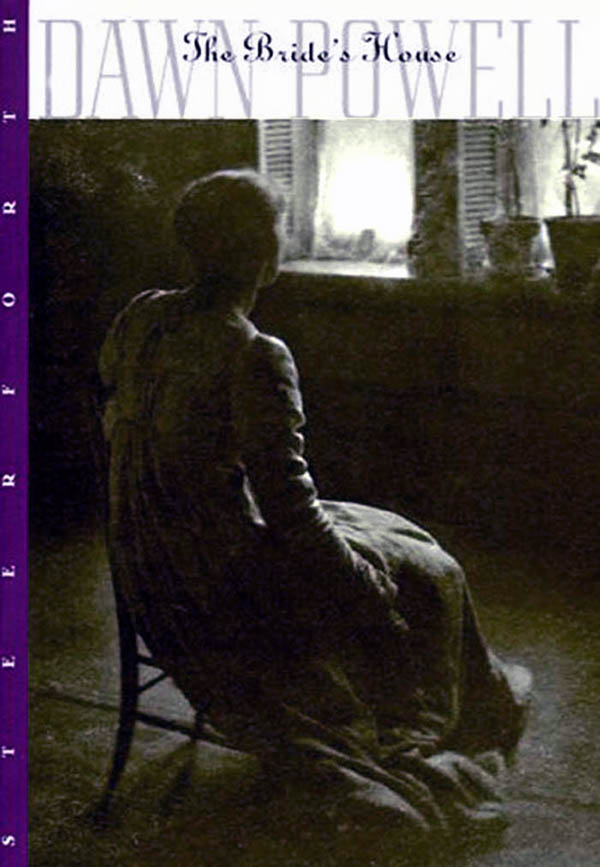
“Miss Powell has written one of the most unrestful disquisitions on life in general and marriage in particular that this country has known for many years. She has proved amply, that she is the creative genius which her first novel 'She Walks in Beauty,' forecast, and she shows herself one of the shrewdest and at the same time human of commentators on the dark side of that phenomenon we call life.
“THE BRIDE'S HOUSE'
(Dawn Powell)
“This is a book of women: a pair of spinsters, puttering and snickering into their neighbors' affairs; a country school teacher, sparse and feline, who soured with envy and wrecked a petty vengeance; Grandma Truelove who dozes in her chair, scorning the eternal sewing and child-bearing women: Cecily, her daughter-in-law, a wiry little soul so neat of body and mind that she dreaded the thought of Aunt Lotta Truelove, a creature of passions who had had three husbands and as many children but neglected them all for theosophy. Specifically, Cecily hated Lotta because Sophie, daughter of the house, was undeniably like her aunt- beautiful Sophie who wondered and waited and watched for her particular destiny.
Dawn Powell Making Good in New York Gets Write Up in Sunday Paper.
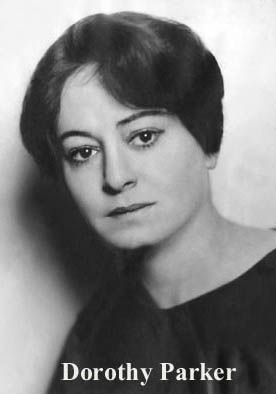 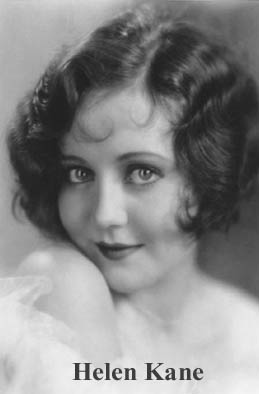 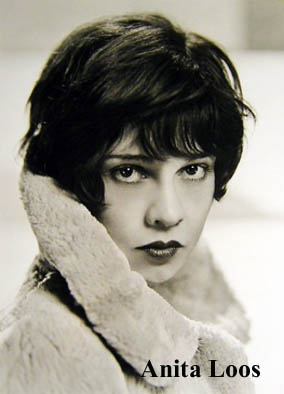 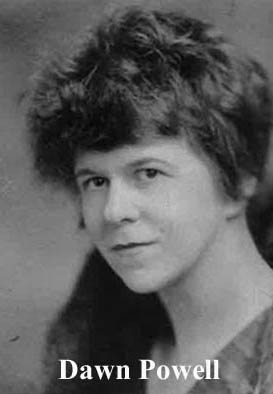 |
|
Dorothy Parker - 1893-1967 - Wrote poetry (Enough Rope, 1926 etc.), short stories, book reviewer (New Yorker Magazine), Playwriter (Close Harmony, The Lady Next Door), screenwriter (A Star is Born), song writer. Often wrote with a witty but sometimes caustic, sardonic humor.
|
| Email Us |